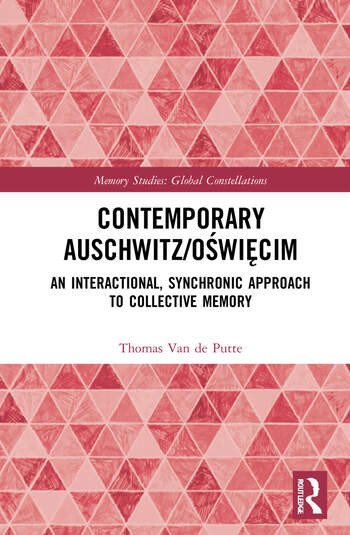

Most ebook files are in PDF format, so you can easily read them using various software such as Foxit Reader or directly on the Google Chrome browser.
Some ebook files are released by publishers in other formats such as .awz, .mobi, .epub, .fb2, etc. You may need to install specific software to read these formats on mobile/PC, such as Calibre.
Please read the tutorial at this link: https://ebookbell.com/faq
We offer FREE conversion to the popular formats you request; however, this may take some time. Therefore, right after payment, please email us, and we will try to provide the service as quickly as possible.
For some exceptional file formats or broken links (if any), please refrain from opening any disputes. Instead, email us first, and we will try to assist within a maximum of 6 hours.
EbookBell Team

4.4
42 reviewsThis book presents an innovative theoretical and empirical approach to the present attributions of meaning to the past. Based on the author’s fieldwork in the contemporary Polish town of Oświęcim – Auschwitz, in German – it observes the manner in which residents remember and narrate the past of their town, drawing on theoretical perspectives from the work of figures such as George Herbert Mead and Erving Goffman. With attention to narratives concerning pre-war Catholic–Jewish coexistence, wartime Nazi occupation, the Holocaust and post-war Communist Poland, the author explores the complementary, fluid and contradictory nature of meaning-making processes in various contemporary interactional contexts, both online and offline. As such, it will appeal to social scientists with interests in memory studies, the Holocaust and interactional sociology.